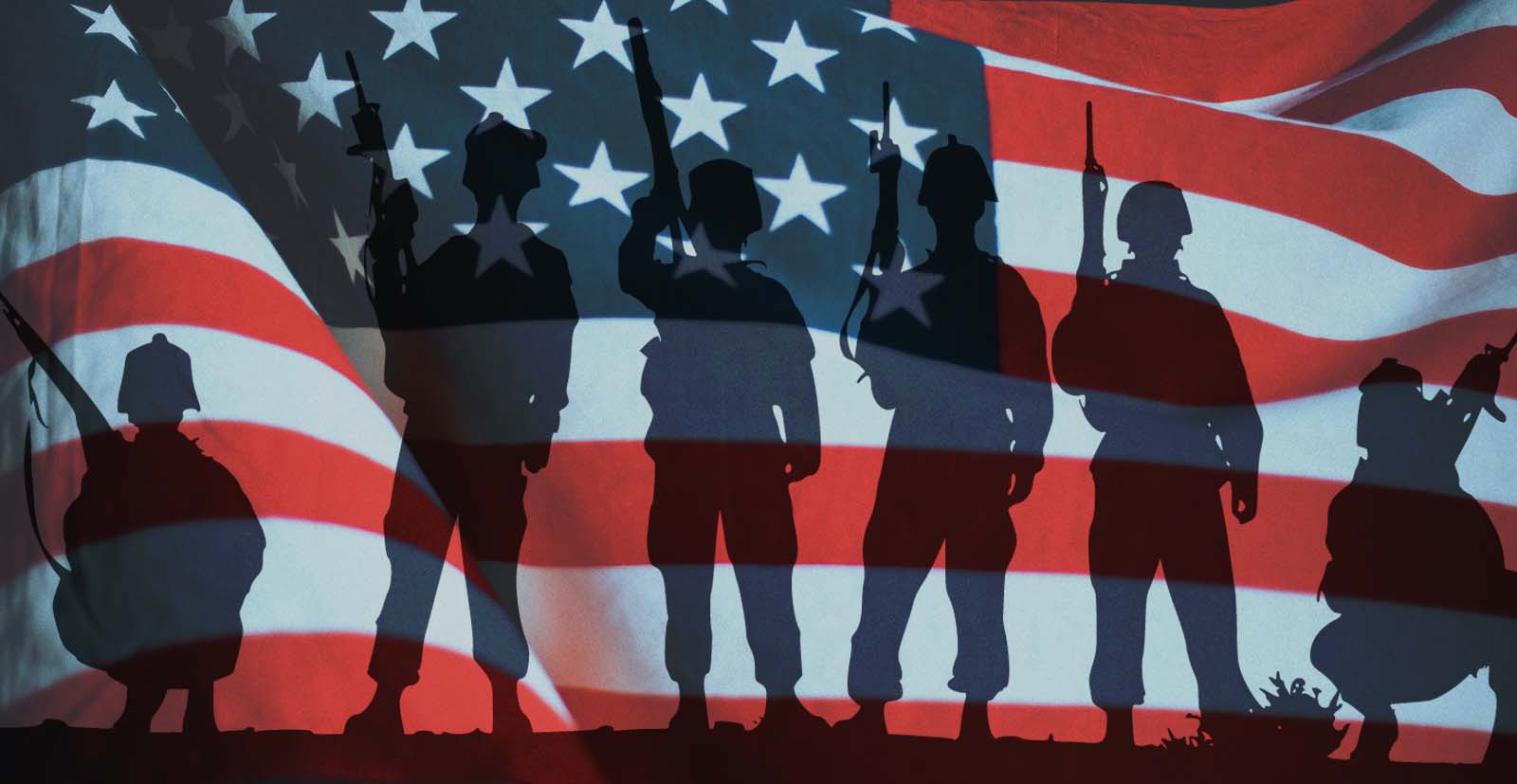Veterans face countless challenges that most people can’t even fathom. From adjusting to the workaday routine of civilian life to dealing with the stresses they carry from their military service, these individuals may be hard-pressed just to maintain a sense of normalcy.
Sadly, society often fails those who’ve served when they need help most. Although agencies like the Veterans Administration, or VA, exist to assist ex-servicemembers, the bureaucratic nature of government entities can make it extremely difficult to find timely aid, let alone accurate solutions to everyday problems. As a result, veterans may also struggle with substance abuse and posttraumatic stress disorder, or PTSD, issues that often go untreated. When left unchecked, such problems have the potential to ruin lives, which is particularly concerning considering that veterans are twice as likely to commit suicide than members of the general U.S. population are.
Fortunately, there are various support systems and programs available to help PTSD- and substance-abuse-afflicted veterans beat these demons. Here are some of the resources that ex-service members and their families need to know about.
PTSD Resources
The National Center for PTSD
The VA’s National Center for PTSD provides multiple tools geared toward helping veterans and others manage PTSD symptoms. In addition to educating veterans, families and treatment professionals about how PTSD can impact every facet of people’s lives, the center offers a range of helpful information about treatment options, including psychotherapy and medication. Unlike some trauma centers that focus solely on combat-related PTSD, this resource also provides assistance to vets who survived traumatic sexual assaults, natural disasters and other events.
The Veterans Crisis Line
PTSD symptoms don’t always wait until sufferers can get to counselling. Fortunately, those in need of immediate help can contact the Veterans Crisis Line for 24/7 assistance from live responders. This anonymous online chat and phone service is also available to active service members, reservists and veterans who aren’t currently receiving VA benefits.
We Honor Veterans
We Honor Veterans is a program run by the National Hospice and Palliative Care Organization in conjunction with the VA. Its resource page gives veterans and family members a sound introduction to how PTSD manifests as well as links to a number of resources.
The Psychological Health Center of Excellence
This arm of the Department of Defense’s Defense Health Agency provides a broad view of the many unique psychological issues faced by service members and vets. It’s a useful place to find programs that help people transition as well as evidence-based briefs about various treatment regimens.
Substance Abuse Resources
VA Transition Care Management: The VA provides various substance abuse treatment programs for veterans who face problems brought about by misusing alcohol, street drugs and prescription medications. These initiatives include everything from live-in care, outpatient treatment and counseling to self-help groups, clinical intervention and drug-substitution therapies. Although these resources are geared towards those enrolled in VA healthcare, the fact that most veterans can get such treatment for free simply by applying definitely makes them worthy of serious consideration.
The Recovery Village
The Recovery Village is a nationwide network of rehabilitation facilities that focus on providing compassionate drug rehab assistance as well as aid with related mental health conditions. This group also maintains an online resources page with tools designed specifically to help veterans. It’s a good starting point for anyone who needs help finding the treatment they know they require.
Veterans Service Organizations
One of the big problems with veteran-oriented healthcare lies in the fact that federal resources aren’t always available in places where vets actually reside. Those in search of more convenient help may benefit from checking out the VA’s list of Veterans Service Organizations, or VSOs, such as the Veterans of Foreign Wars, or VFW. Although most VSOs don’t exclusively focus on substance abuse or PTSD, they do provide a massive range of support services and help with everything from VA claims assistance to seeking employment. Since mental health demands a comprehensive approach to changing one’s life, building a support network is critical. VSOs may offer the sense of local community that vets need to bounce back from trauma and beat seemingly overwhelming challenges.








